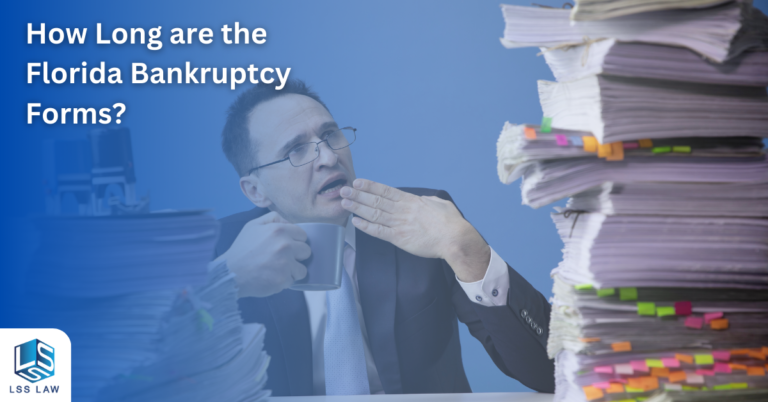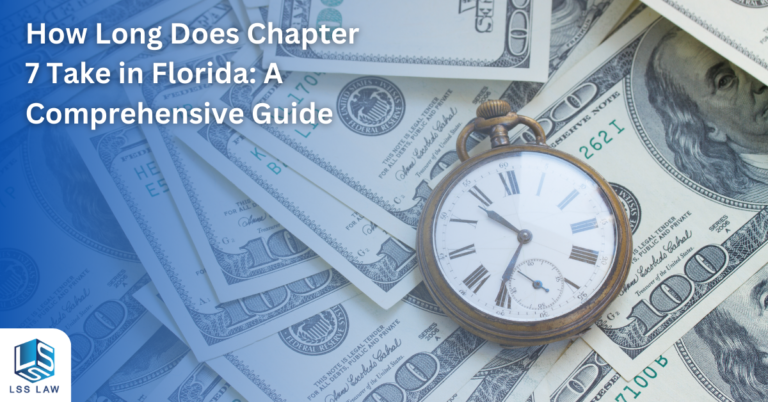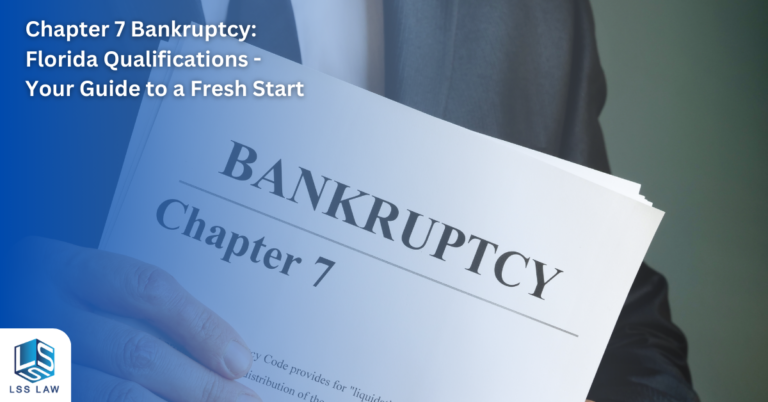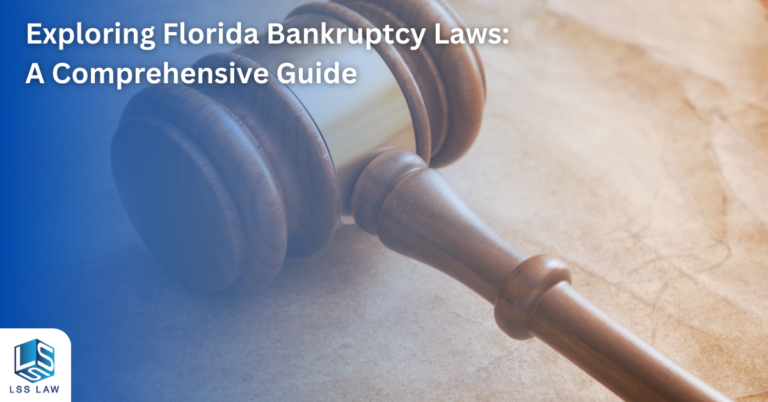The overwhelming amount of outstanding student loan debt – estimated to be near $1 trillion – is negatively impacting the U.S. economy. The housing industry is the primary market being affected, due to a significant decline in its richest source of new buyers, young college graduates.
When graduates are delinquent on their student loans, they have a very difficult time obtaining credit, including mortgage loans. A study by the Cambridge Consumer Credit Index showed that 75% of college graduates with student loans said that their student loan payments prevented them from making large purchases, including buying a house or car.
This should come as no surprise since economists have been warning for years of the impact of the increasing student loan debt load on the ability of graduates to qualify for loans. This is especially true since 2008 when the credit standards for qualifying for a mortgage were heightened. However, the impact on the housing market is serious. More than 50% of first-time homebuyers are between the ages of 25 to 34, and that number has shrunk so much that young buyers are now the smallest share of the housing market in more than a decade.
The Consumer Financial Protection Bureau has asked private student loan lenders to make recommendations for providing relief to borrowers. However, until the economy improves and jobs with higher incomes are available to graduates, it seems the situation will remain circular. If you don’t pay your student loans, you cannot build your credit to qualify for loans. However, if you are paying your student loans, you probably cannot afford to make a large purchase, such as a new home.
Please keep in mind that every student loan matter is different. If you have questions about your student loans and would like to schedule a no-cost consultation, please contact our office by completing the form on this website or calling us at 954-466-0541.





